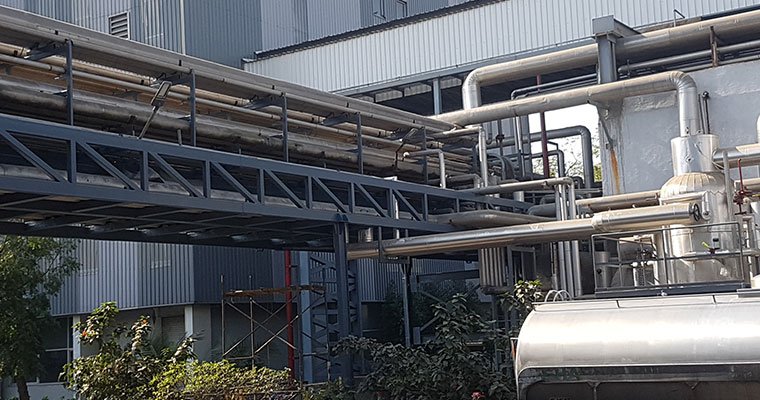"IBR Pipeline Erection Work" refers to the construction or installation of pipelines that are designed and built in accordance with the Indian Boiler Regulation (IBR) standards in India. These pipelines are typically associated with boilers, pressure vessels, or other equipment governed by the IBR. The Indian Boiler Regulation is a crucial set of standards and regulations that ensures the safety and efficiency of boilers, pressure vessels, and related equipment in India. Any pipelines connected to these regulated systems must adhere to the specifications and guidelines outlined by the IBR to maintain safety and compliance.
The Krishna Industries has expert team for planning, engineering, and construction practices for IBR Pipeline erection Work to meet the specific requirements set forth in the regulation. The goal is to ensure the proper functioning and safety of the entire system while minimizing the risk of accidents or failures. We are providing to our valuable customers a wide range of IBR Pipeline Erection Service. We have vast experience in this field & have completed a large number of projects in industrial, commercial and residential setup. Customers appreciate our services for its reliability and cost effectiveness.

